
Court of Appeal and High Court judges can only be removed from office by the Queen or the Governor-General, acting on a recommendation from the House of Representatives. District Court judges can be removed from office by the Governor-General.
Lawyers who have held a practicing certificate for at least seven years are eligible for appointment as judges.
Courts of General Jurisdiction
The courts of general jurisdiction deal with criminal and civil matters.
Criminal matters are offences against the law that result in imprisonment or other penalties. Civil matters usually involve disputes, such as a breach of contract, defamation or claims for damages.
The Judicial Committee of the Privy Council
The Privy Council is still New Zealand’s final court of appeal and highest court. It sits in London with eminent British and New Zealand judges presiding and deals mainly with appeals against judgements in civil cases. However, the Government is currently considering alternatives and it is expected that New Zealand will establish its own Supreme Court by 2004.
Court of Appeal
The Court of Appeal is the highest appeal court in New Zealand. It consists of the Chief Justice, the President of the Court of Appeal and six other judges of the Court of Appeal. Its role is to determine the law of New Zealand and to reconcile conflicting court decisions.
The High Court
The High Court is made up of the Chief Justice and 36 other judges. The judges are based in Auckland, Hamilton, Wellington and Christchurch, but travel on circuit to 13 other centres from Whangarei to Invercargill. The High Court deals with major crimes and the more significant civil claims. It also hears appeals from lower courts and tribunals.
The District Courts
New Zealand presently has 64 District Courts located throughout the country. They have extensive civil and criminal jurisdiction. Serious crimes, such as rape and armed robbery, can be transferred from the High Court to the District Courts for trial.
Specialist Courts
New Zealand has a number of specialist courts.
- The Employment Court deals with labour relations.
- Family Courts deal with matters such as custody, parental access, divorce, adoption, protection orders and the care and protection of children.
- Youth Courts deal with offences committed by young people (older than 14 but less than 17).
- The Maori Land Court and Maori Appellate Court deal with matters relating to Maori land.
- The Environment Court deals with resource management, planning and developing matters.
There are more than 100 tribunals, authorities, boards or committees. These deal with a wide range of disputes involving issues such as censorship, taxation, tenancy and employment. Some of the better known ones are the Employment, Disputes, Tenancy and Treat of Waitangi Tribunals.
Justices of the Peace
Justices of the Peace (JPs) are appointed by the Governor-General on the recommendation of the Minister of Justice following nomination by Members of Parliament. There are about 10,000 JPs in New Zealand.
JPs principally serve as witnesses for documents, such as statutory declarations, wills and insurance claims, although they can also grant search warrants and sometimes assist District Courts in adjudicating minor criminal and traffic charges. JPs are listed under ‘Justices of the Pace’ in the New Zealand Yellow Pages telephone book.
Jury Service
Juries in New Zealand are selected at random from the Electoral Roll. If you are enrolled as an elector and aged between 20 and 65, you may be selected to perform this important service. On most occasions, you will be asked to hear a criminal case.
You can be excused from jury service only if there is a good reason, such as hardship, personal beliefs, childcare responsibilities or permanent disability. You may be exempted from service if you have served on a jury within the last two years.
Getting Legal Help
Lawyers are listed in the Yellow Pages under both ‘Lawyers’ and ‘Barristers & Solicitors’. The distinction reflects the type of legal work lawyers specialize in: barristers deal with court work; solicitors with other legal work that does not require them to represent their clients in court. Most lawyers are qualified both as barristers and solicitors, but tend not to act in both capacities.
Lawyers are required to treat all business as confidential, provide independent advice and use their skill for their client’s benefit. As a profession, lawyers undertake a vast range of legal work. However, as far as most private citizens are concerned, they are generally employed to:
- Provide advice on legal rights
- Check legal documents
- Assist with immigration applications
- Provide conveyance services for properties and businesses
- Prepare rental and lease agreements
- Draft wills
- Undertake divorce proceedings
- Arrange redress in cases of fraud or misrepresentation
- Provide representation in cases involving the Police
Fees
Legal fees vary widely. To avoid unpleasant surprises, it is always advisable to enquire about fees before commissioning any legal work.
Free Legal Help
Legal aid is available only for matters that you cannot resolve without a lawyer acting for you in court, or to help you settle a matter out of court. You cannot get legal aid for divorce, or if you only want to talk to a lawyer. The aid is subject to numerous restrictions and may have to be paid back at a later date.
Information on legal aid is available from Citizens Advice Bureau’s and Community Law Centres, District Courts and other agencies. Most lawyers will also provide guidance.
Human Rights
New Zealand is a modern democratic country in which human rights are protected. The Human Rights Commission is responsible for investigating complaints about discrimination and other human rights issues. It is an independent agency charged with protecting individual rights, resolving disputes and eliminating unfair and illegal practices. The commission also has the power to prosecute individuals and/or agencies contravening the Human Rights Act 1993.
Office of the Ombudsmen
In New Zealand, the Office of the Ombudsmen is an independent agency. Its main function is to assist private citizens with requests for official information, and complaints about local and central government agencies. There is no fee for making a complaint or an application to the Ombudsmen.

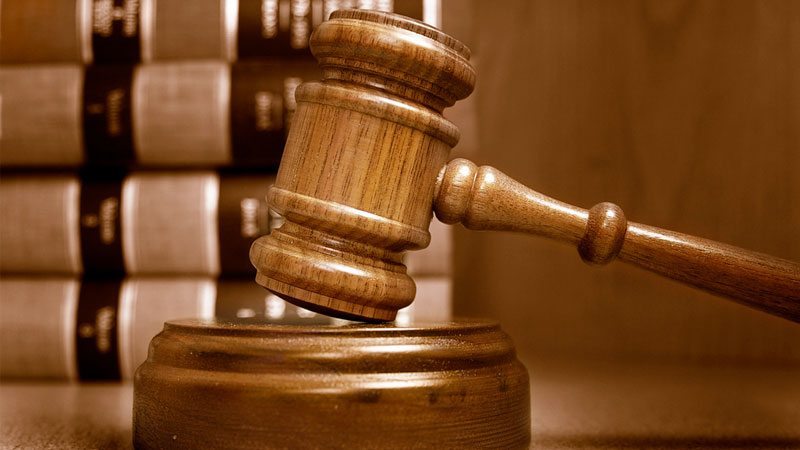
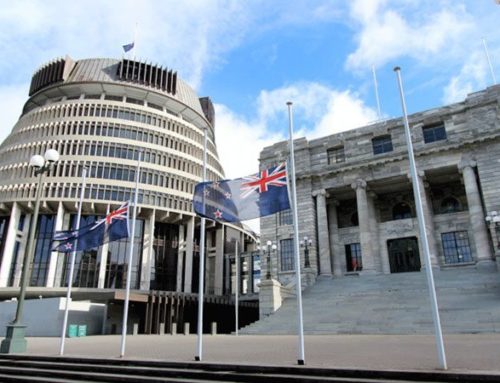
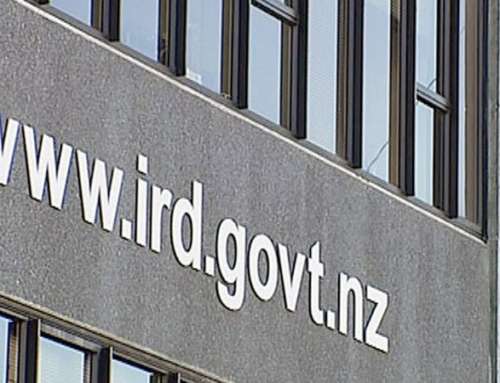
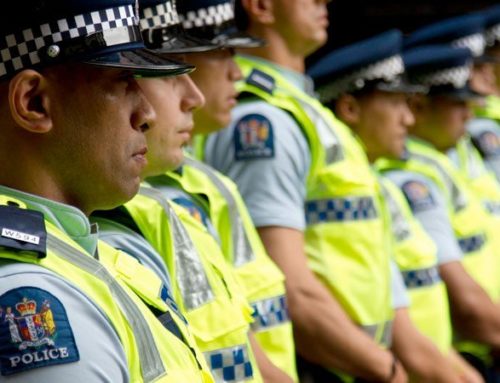
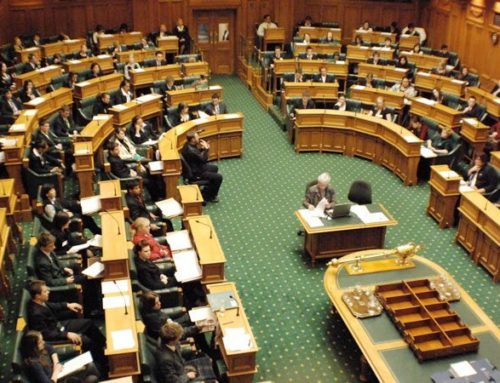
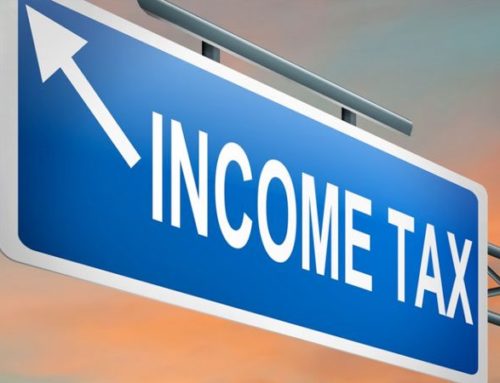
Leave A Comment